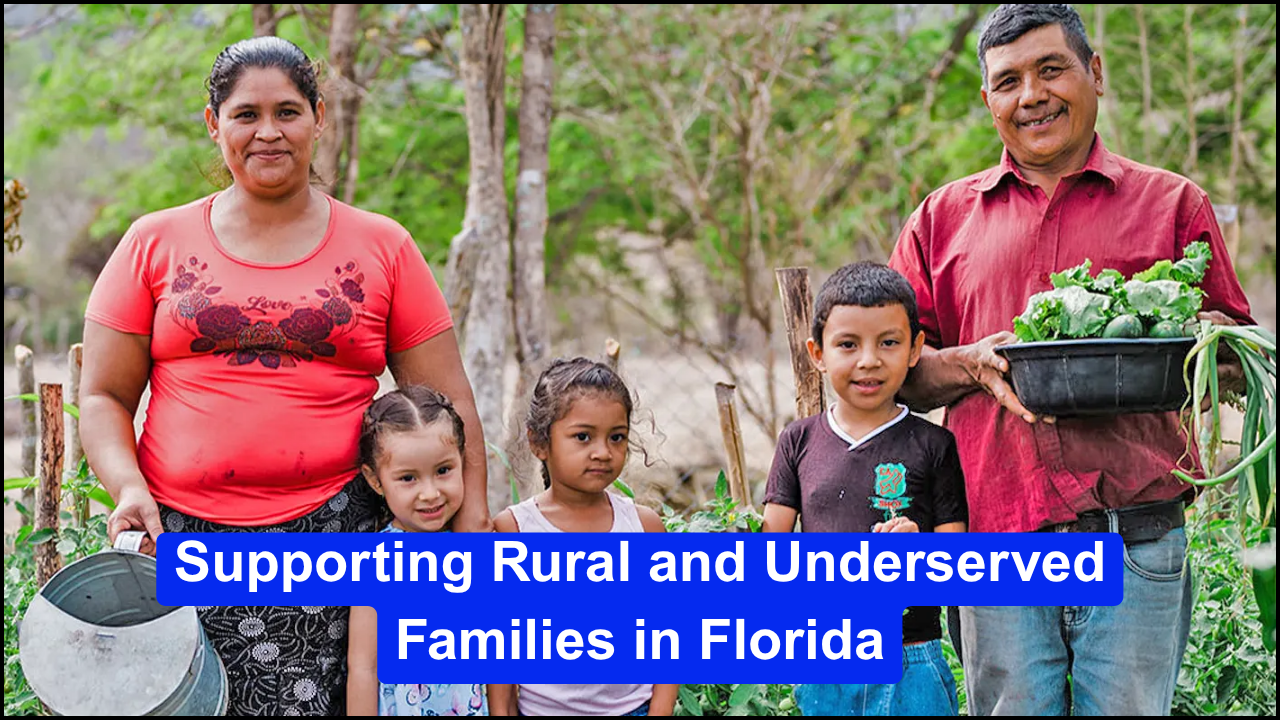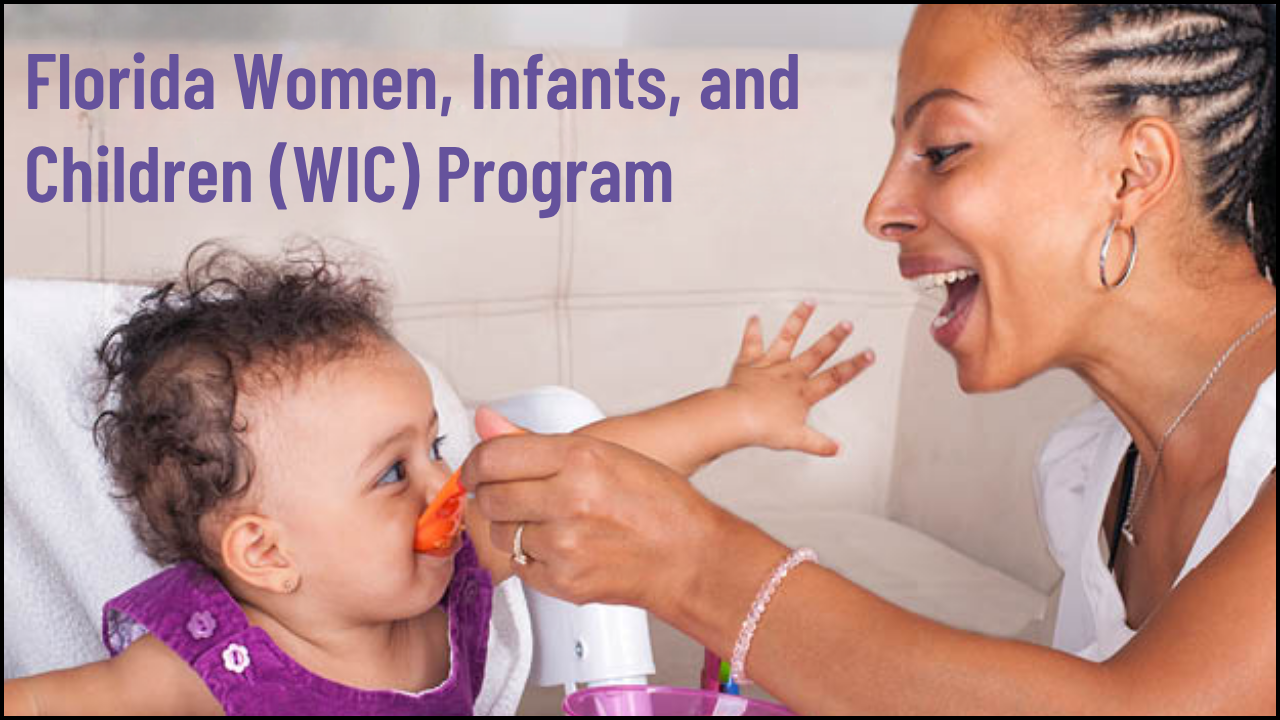
Families participating in the Early Steps program are entitled to clear and specific rights designed to protect their involvement and choices in their child’s early intervention journey. These rights ensure that every family is treated as an equal and valued member of the child’s support team. Early Steps not only listens to your concerns but also empowers you with procedural options to resolve disagreements respectfully and lawfully.
Table of Contents
Key Rights of Families in Early Steps
- Equal Partnership: Parents are equal participants in decision-making through the Individualized Family Support Plan (IFSP) process.
- Procedural Safeguards: Families are protected by safeguards that outline their legal rights and ensure fair treatment.
- Right to Dispute Resolution: If disagreements arise, parents have the right to pursue Mediation, file a Complaint, or request a Due Process Hearing.
- Continued Services: Children will continue receiving all agreed-upon Early Steps services during the resolution process.
Dispute Resolution Options
1. Mediation
Mediation is a confidential, voluntary process where both parties can discuss concerns with the help of a neutral mediator.
- Eligibility: Initiated after failure to reach agreement through IFSP team discussions
- Timeframe: Scheduled within 21 days of a mutually signed request
- Cost: Free of charge to families
- Goal: Mutually satisfactory and family-centered resolution
Benefits of Mediation:
- Informal and non-adversarial
- Helps clarify misunderstandings
- Encourages communication
- Supports stronger family-provider relationships
- Identifies shared goals
Mediation Highlights
| Aspect | Details |
|---|---|
| Who Initiates | Either party, with mutual consent |
| Facilitator | Neutral and trained Mediator |
| Time Limit | Session scheduled within 21 calendar days |
| Outcome Requirement | Written agreement if resolved |
| Cost | Free to both parties |
| Confidentiality | Guaranteed |
2. Complaints
A complaint is a formal, written expression of concern alleging a violation of rights under Part C of the IDEA.
- Requirement: Must be signed and submitted to the Early Steps State Office
- Investigation Period: 60 calendar days
- Outcome: Includes findings, corrective actions, and conclusions
Process Steps:
- Submit a written complaint to the state office
- Investigation begins; parties can review draft findings
- The decision is documented and communicated
- Child continues to receive services during this time
Complaint Components Table
| Complaint Element | Required Details |
|---|---|
| Submitted To | Part C Coordinator, Early Steps State Office |
| Included Information | Problem description, proposed resolution, contact info, child details |
| Investigation Timeline | 60 calendar days |
| Resolution Document | Background, findings, team decisions, corrective action plan |
| Right to Appeal | Included in final report |
Sample Complaint Template:
Include date, address, statement of violation, child’s name, contact information, and proposed solution.
3. Due Process Hearings
A due process hearing is a formal legal procedure to resolve disputes about a child’s eligibility, services, or placement under Early Steps.
- When Used: For unresolved disagreements involving IFSP decisions or records
- Cost: Free unless legal representation is sought privately
- Who Decides: Impartial hearing officer
- Outcome: Binding written decision issued within 45 calendar days
Due Process Timeline Overview:
- Day 1: Request for hearing is submitted
- Within 30 Days: Resolution meeting held
- Day 31–45: If unresolved, a formal hearing is scheduled
- By Day 45: Decision issued
- Within 90 Days: Appeal possible through civil court
Due Process Hearing Rights
| Right | Description |
|---|---|
| Legal Representation | Right to be represented by an attorney |
| Convenient Scheduling | A Hearing must be held at a time and place suitable for the family |
| Presentation of Evidence | Right to present evidence, question witnesses, and bring supporting testimony |
| Free Record | Written or electronic transcript provided at no cost |
| Final Decision | Binding unless appealed through a civil action |
Sample Due Process Request Template:
Include date, child’s name, reason for the request, services involved, contact info, and signature.
Comparison of Resolution Options
| Resolution Type | Formality Level | Time to Resolution | Cost | Confidentiality | Outcome |
|---|---|---|---|---|---|
| Mediation | Informal | Within 21 days | Free | Yes | Written mutual agreement |
| Complaint | Formal | 60 days | Free | No | Investigative report issued |
| Due Process Hearing | Highly Formal | 45 days post-resolution | Free (unless legal help hired) | Public record | Legally binding decision |
Important Contacts for Resolution
| Office/Entity | Contact Information |
|---|---|
| Early Steps State Office | 4052 Bald Cypress Way, BIN# A06, Tallahassee, FL 32399-1707 |
| Part C Coordinator | Florida Department of Health, Children’s Medical Services |
| Phone | Listed on the Early Steps State website or through the local program directory |
| Submission Method | Written letter with necessary details and signatures |
The Bottom Line
Awareness of your rights as a parent or guardian within the Early Steps program strengthens your ability to advocate for your child. These safeguards and resolution options ensure families have a voice and can participate in shaping the support their children receive. Whether through informal mediation, a formal complaint, or a due process hearing, Early Steps commits to fairness, transparency, and continuity of services for your child throughout every step.





